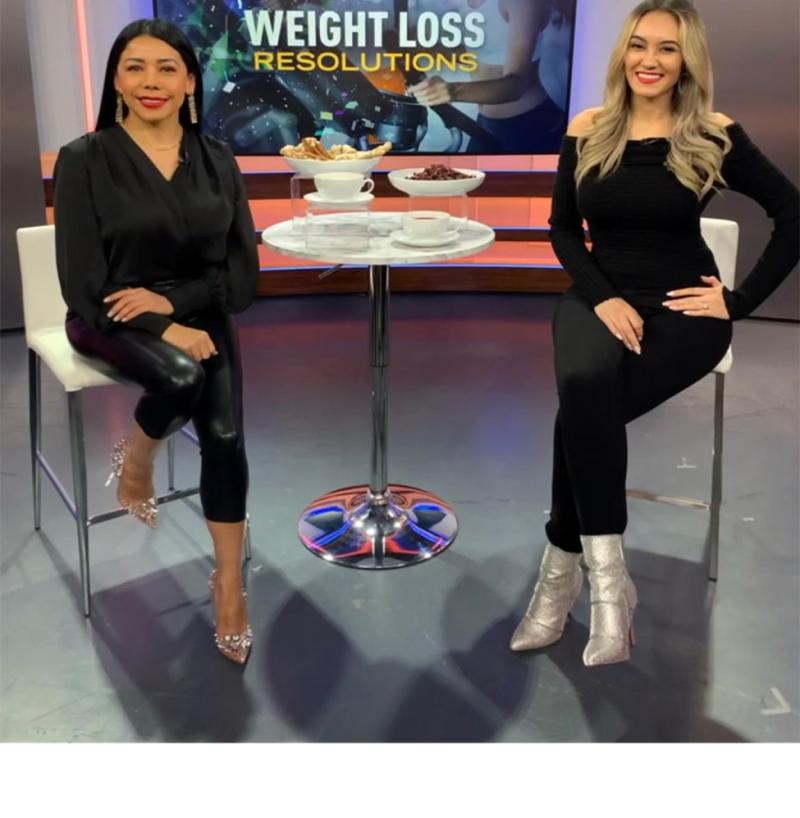Why It’s Important To Consult With a Plant-Based Nutritionist Before Adopting a Plant-Based Lifestyle

As more people adopt a plant-based diet, there are often concerns about whether the food they are eating is nutritious enough. While it's true that some nutrients can be harder to obtain from a purely plant-based diet, it's possible to eat a well-balanced, nutritious diet without consuming animal products. This is where a plant-based nutritionist can provide valuable guidance and education on how to make sure a plant-based diet meets all of your nutritional needs. Consulting a plant-based nutritionist is highly recommended for the following compelling reasons:
- Nutritional education: A plant-based nutritionist can provide education on how to make sure a plant-based diet meets all of your nutritional needs, such as ensuring adequate intake of protein, iron, calcium, and vitamin B12.
- Avoiding deficiencies: Without proper education, it can be easy to develop deficiencies in certain nutrients when following a plant-based diet. A plant-based nutritionist can help identify potential deficiencies and provide recommendations for how to avoid them.
- Customized approach: Every person has unique nutritional needs based on their age, gender, activity level, and other factors. A plant-based nutritionist can provide personalized advice and guidance on how to make a plant-based diet work for your specific needs.
- Health concerns: If you have pre-existing health conditions, a plant-based nutritionist can help you determine if a plant-based diet is appropriate for you, and provide guidance on how to make the transition safely and effectively.
- Ongoing support: Making the transition to a plant-based diet can be challenging, especially in the beginning. A plant-based nutritionist can provide ongoing support and answer any questions you may have along the way.
As a certified plant-based nutritionist, EVA CRUZ highlights that getting enough protein is one of the biggest concerns with a plant-based diet. However, plant-based sources such as beans, lentils, tofu, and tempeh can provide adequate amounts of protein. Moreover, many plant-based foods, including whole grains and vegetables, contain complementary proteins, which means that when combined, they offer all of the essential amino acids necessary for the body.

If you are interested in learning more about EVA CRUZ, she is a certified plant-based nutritionist and an experienced plant-based educator in the DFW Area. She has been featured in various media outlets, including NBC5, Telemundo, One Life Radio, and many more for her work within the health community. EVA CRUZ knows firsthand how challenging it can be to make dietary changes, but through her supportive approach, she helps make the transition easier while providing guidance every step of the way. Her expertise ranges from understanding nutritional needs to teaching how to cook delicious, plant-based meals without relying on processed ingredients or animal products.
Another concern is getting enough essential vitamins and minerals, such as vitamin B12 and iron. Vitamin B12 is found mainly in animal products, but it can also be obtained from fortified plant-based products, such as plant-based milks, nutritional yeast, and certain breakfast cereals. Iron can also be obtained from plant-based sources, such as lentils, spinach, and fortified whole grain products.
It's important to note that while a plant-based diet can be healthy and nutritious, it's also possible to consume an unhealthy, unbalanced diet based solely on plant-based foods. This is why it's important to be mindful of what you're eating and to work with a plant-based nutritionist to create a well-rounded diet that meets your nutritional needs.
What to Expect During Your Visits with a Plant-Based Nutritionist
There is no set rule on how often you should see a plant-based nutritionist, as the frequency of visits may vary based on individual needs and circumstances. However, there are several factors to consider when determining the right frequency of visits.
- Initial consultation: If you're just starting a plant-based diet, it's important to have an initial consultation with a plant-based nutritionist. During this visit, the nutritionist can assess your nutritional needs, provide education on the best way to meet those needs, and help you create a customized meal plan.
- Follow-up visits: Depending on your individual needs and goals, follow-up visits may be necessary to monitor your progress and make any necessary adjustments to your meal plan. For example, if you have a health condition that requires specific nutrient needs, a follow-up visit may be necessary to track your progress and ensure that your diet is meeting those needs.
- Monitoring deficiencies: A plant-based diet can sometimes lead to deficiencies in certain nutrients, such as vitamin B12 and iron. Regular visits with a plant-based nutritionist can help identify and address any deficiencies in a timely manner.
- Maintaining a balanced diet: Even after you've successfully transitioned to a plant-based diet, it's important to continue monitoring your nutrient intake to ensure that you're maintaining a balanced and nutritious diet. Regular visits with a plant-based nutritionist can help you stay on track and make any necessary adjustments as your needs change over time.
In conclusion, the frequency of visits with a plant-based nutritionist may vary depending on your individual needs and goals. An initial consultation is crucial to get started, and follow-up visits can help you monitor your progress, identify and address any deficiencies, and maintain a balanced and nutritious diet over time. With a well-planned plant-based diet and the guidance of a plant-based nutritionist, there is no need to worry about the nutritional quality of the food you're eating. Plant-based foods can provide all of the nutrients your body needs, and with a balanced diet, you can enjoy the many benefits of a plant-based lifestyle.
More to Read:
Previous Posts:







